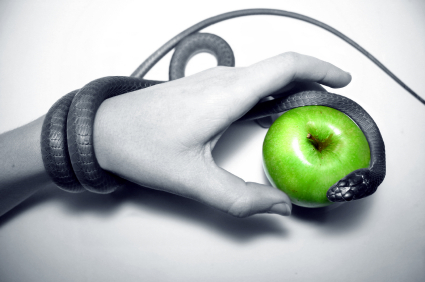What Will Bankruptcy Do to My Credit Card Debt?
 The credit cards industry has become a financial crisis all of its own. Even though interest sometimes of over 30% accrues, millions of people every day are living on credit cards to make ends meet, all with the expectation, and intention, to pay back those small daily “loans”. The problem: that “someday” never seems to arrive, and those “loans” are due. We are now in a cashless “credit-card society” where billions of dollars every year are being earned from the credit companies’ “banks” supporting this concept. It is not a crisis to them! In fact, according to the Federal Reserve, the size of the total consumer debt in the U.S grew nearly five times in size from 1980 ($355 billion) to 2001 ($1.7 trillion). Consumer debt in 2010 stood at $2.4 trillion.
The credit cards industry has become a financial crisis all of its own. Even though interest sometimes of over 30% accrues, millions of people every day are living on credit cards to make ends meet, all with the expectation, and intention, to pay back those small daily “loans”. The problem: that “someday” never seems to arrive, and those “loans” are due. We are now in a cashless “credit-card society” where billions of dollars every year are being earned from the credit companies’ “banks” supporting this concept. It is not a crisis to them! In fact, according to the Federal Reserve, the size of the total consumer debt in the U.S grew nearly five times in size from 1980 ($355 billion) to 2001 ($1.7 trillion). Consumer debt in 2010 stood at $2.4 trillion.
The average household in 2010 carried nearly $6,500 in credit card debt.
 So what happens to your credit card debt when you file for bankruptcy protection? In a Chapter 7 Bankruptcy, one of the primary purposes of bankruptcy is to discharge certain debts to give an honest individual debtor a “fresh start.” The debtor has no liability for discharged debts. Although an individual chapter 7 case usually results in a discharge of debts, the right to a discharge is not absolute, and some types of debts are not discharged, such as certain student loans and taxes. Moreover, a bankruptcy discharge does not extinguish a lien on a property. Subject to certain exceptions, your credit card debt will be discharged through a Chapter 7 bankruptcy, however. Talk to a bankruptcy attorney today for more information.
So what happens to your credit card debt when you file for bankruptcy protection? In a Chapter 7 Bankruptcy, one of the primary purposes of bankruptcy is to discharge certain debts to give an honest individual debtor a “fresh start.” The debtor has no liability for discharged debts. Although an individual chapter 7 case usually results in a discharge of debts, the right to a discharge is not absolute, and some types of debts are not discharged, such as certain student loans and taxes. Moreover, a bankruptcy discharge does not extinguish a lien on a property. Subject to certain exceptions, your credit card debt will be discharged through a Chapter 7 bankruptcy, however. Talk to a bankruptcy attorney today for more information.
The choice of a lawyer is an important decision and should not be based solely upon advertisements. Use of this website does not create an attorney-client relationship.


